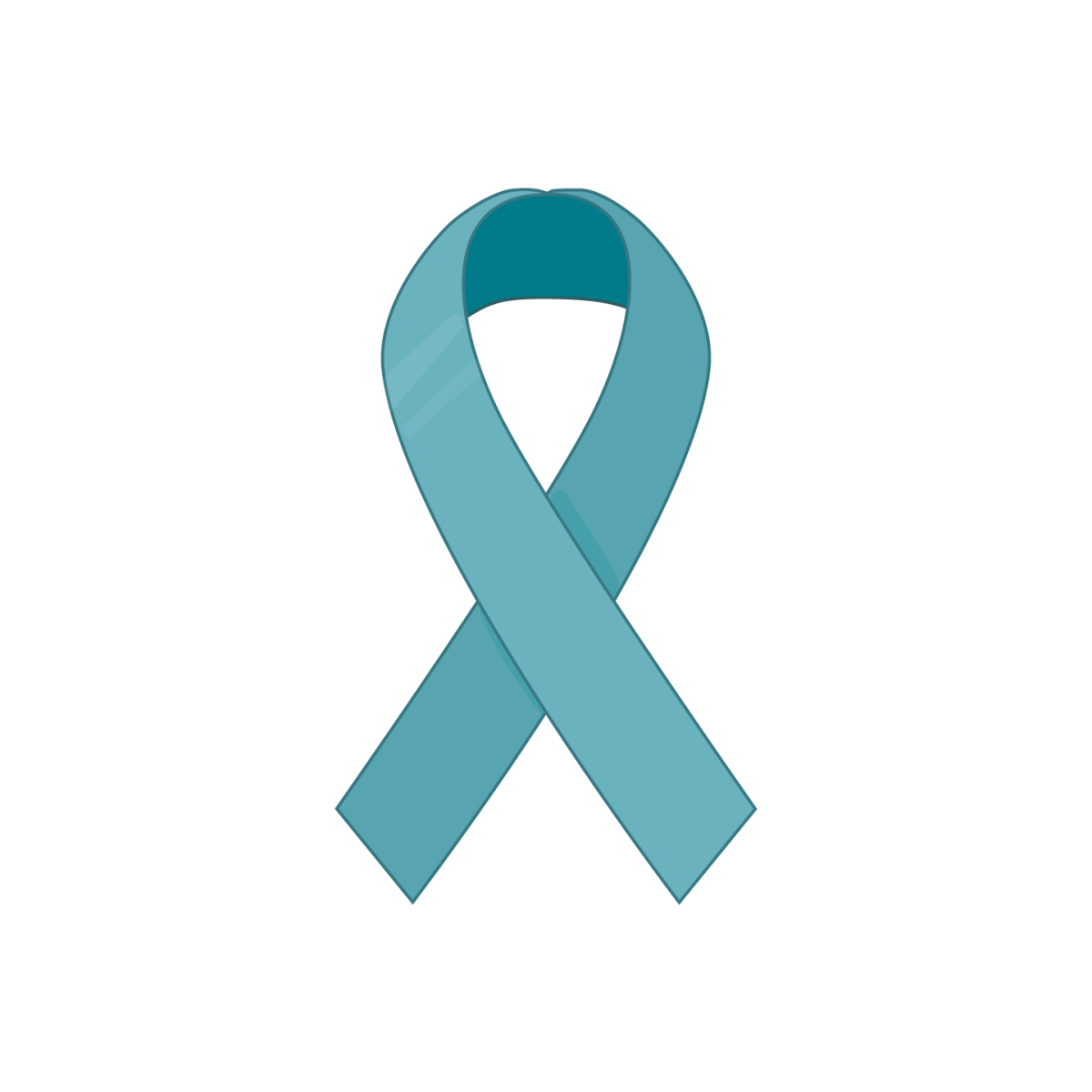’ve worked now for two and a half years in long-term care. I used to be in an assisted living facility, and I’ve transitioned to being a home health aide in St. Louis. There are skilled nurses and aides whose experiences eclipse mine, but I’ve seen enough to critically reflect on our perception of elder care.
Many of our future health professionals are well-versed on the ethical approaches to palliative care, Physician Assisted Suicide (PAS), autonomy and so on. The reality, however, is that those clear considerations are the stuff of case studies. It is reported that only 2,300 assisted-suicides have taken place in states in which PAS is legal. The careful arguments regarding PAS are irrelevant to practical end-of-life care — for the time being at least. Palliative care and autonomy can become muddled when family or another agent direct the care. And there is occasionally little oversight from doctors; three months passed before one client of mine saw a hospice physician when he enrolled.
Rather than there being clear principles, end-of-life care, in practice, is a grey dance between the wishes of family, caregivers and patient. It is very likely that you will play a role in the medical decisions of your elders, spouse or children. Even if you are never an appointed director, you will make subtle decisions. And as I’ve said before, the exposure, if any, to those sorts of decisions is limited, or irrelevant, to the real issues faced. Too often decision-makers are oblivious of the process of dying. The result of that is an ungraceful, painful decline to death. It is imperative that we all prepare ourselves for those decisions. In a sense, it fulfills the golden rule: do unto others as you would have them do unto you, for that’s the greatest misconception of all — that you will directly control your own end-of-life care.
The real issue of end-of-life care is the soft death. I describe the process of dying as the hugely unpredictable, unique shifting of function over the course of moments or months. Every one of our capacities comes to a state of flux — ambulation, speech, sight, appetite. Normal medicine can correct such a fluctuation — e.g., a loss of appetite. Those interventions stop being productive during the process of dying. Insisting food consumption or administering medication can cause more discomfort, futile discomfort. Our habits that inform us that being cured is worth the pain cease to be valid. We must step outside our normal habits of reasoning; we must accept the destination. The dignified death is the accepted one.
One man for whom I have cared lost his sight during the stages of dying. The challenge, then, is to accept the remaining faculties, i.e., using touch and sound to connect. Why would the loss of sight also mean the loss of the desire for human interaction? No process of death has been the same, but it is imperative that for every step of the way we adapt to the faculties of the individual.
There typically comes a stage when the individual is unresponsive and unmoving. Just as support pillows are used to protect contracting, stiff joints, a similar measure must be used for the mind. It is better to be be pain-free than alert and oriented, which never really happens at that stage. This is the most difficult shift to accept. It is as if he or she has died already. I’ve heard families say “snap out of it” while refusing pain-relief. I’ve never doubted that these statements come from a place of love, but they almost always harm the individual. Indeed, there is a certain guilt about accepting death of a loved one, but it is dignified to die pain-free and peaceful.
If nothing else, consider how you would support a loved one in the process of dying. Or consider volunteering with hospice. We stand to learn so much in those sorts of environments.
I have seen end-of-life care done right — many times, in fact. Care always comes from a place of love. Family members fly thousands of miles, and spouses spend sleepless nights listening for pain. But end-of-life care requires a special approach, a unique kind of accepting compassion.





